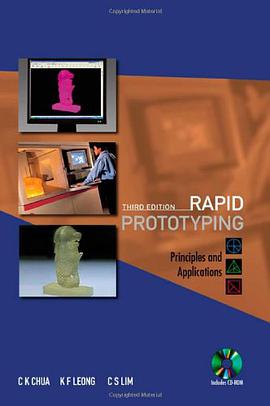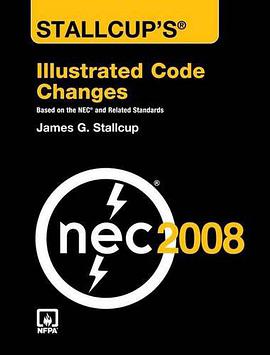

具體描述
Efficiency-associated with individual discipline, superior management, and increased profits or productivity-often counts as one of the highest virtues in Western culture. But what does it mean, exactly, to be efficient? How did this concept evolve from a means for evaluating simple machines to the mantra of progress and a prerequisite for success? In this provocative and ambitious study, Jennifer Karns Alexander explores the growing power of efficiency in the post-industrial West. Examining the ways the concept has appeared in modern history-from a benign measure of the thermal economy of a machine to its widespread application to personal behaviors like chewing habits, spending choices, and shop floor movements to its controversial use as a measure of the business success of American slavery-she argues that beneath efficiency's seemingly endless variety lies a common theme: the pursuit of mastery through techniques of surveillance, discipline, and control. Six historical case studies-two from Britain, one each from France and Germany, and two from the United States-illustrate the concept's fascinating development and provide context for the meanings of, and uses for, efficiency today and in the future.
著者簡介
Jennifer Karns Alexander is an associate professor in the Program in History of Science, Technology, and Medicine and the Department of Mechanical Engineering at the University of Minnesota.
圖書目錄
讀後感
評分
評分
評分
評分
用戶評價
相關圖書
本站所有內容均為互聯網搜索引擎提供的公開搜索信息,本站不存儲任何數據與內容,任何內容與數據均與本站無關,如有需要請聯繫相關搜索引擎包括但不限於百度,google,bing,sogou 等
© 2025 book.quotespace.org All Rights Reserved. 小美書屋 版权所有




















